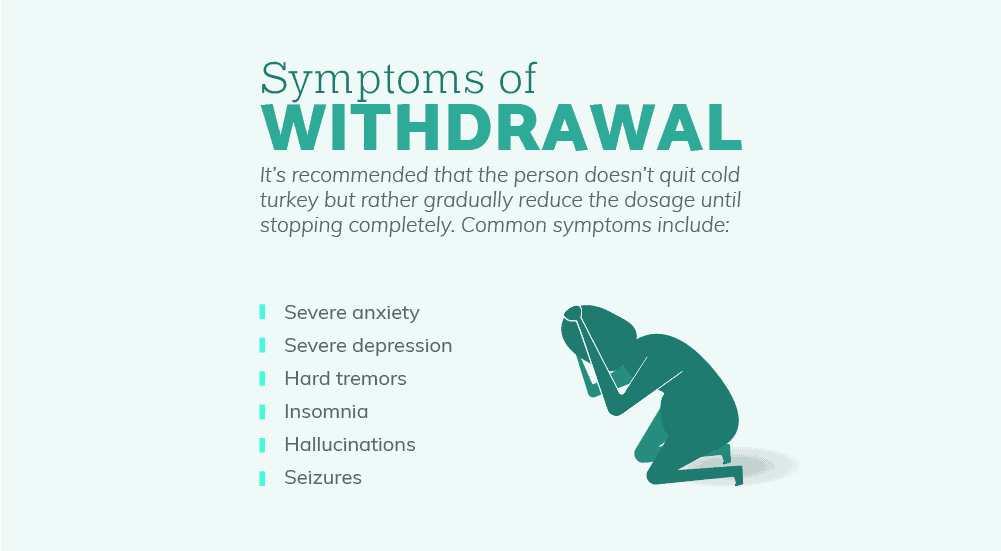The opioid epidemic in America has made news for a few decades, shedding light on the dangers of prescription opioid painkillers. As more people struggled with opioid addiction, doctors wrote fewer prescriptions for opioid painkillers. However, even prescription alternatives to opioids can be addictive. Some people begin to abuse medications like muscle relaxers and eventually need substance abuse treatment programs. Carisoprodol, commonly sold as Soma, is a popular muscle relaxer that more people abuse.
If you or a loved one struggle with Soma addiction, there is no better time to seek help. The team at Northpoint Seattle knows that a compassionate, judgment-free environment can help break the cycle of addiction and rebuild healthy lives. Call 888.483.6031 today to learn more.
What Is Soma?
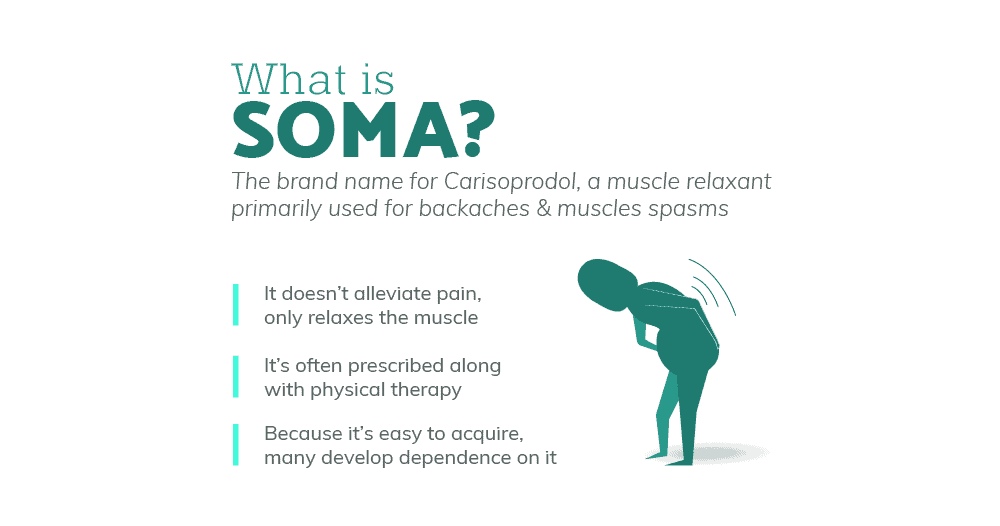
Soma is a muscle relaxer that belongs to the central nervous system depressants drug class. It works by blocking pain sensations between your brain and your muscles. It also slows your brain’s response to nerve signals, which helps relieve muscle pain and stiffness.
It can be prescribed in pill form or by intravenous injection. Soma has a high potential for abuse due to its euphoric effect, so you must take it only as prescribed by your doctor.
Is Soma Addictive?
Yes, Soma is addictive. The active ingredient in Soma, carisoprodol, can be habit-forming, even when taken as prescribed by a doctor. When misused, Soma can create feelings of euphoria and relaxation. People who abuse Soma may take higher doses than prescribed or take the medication more often than prescribed. Soma abuse has effects similar to opioid abuse.
Side Effects of Soma
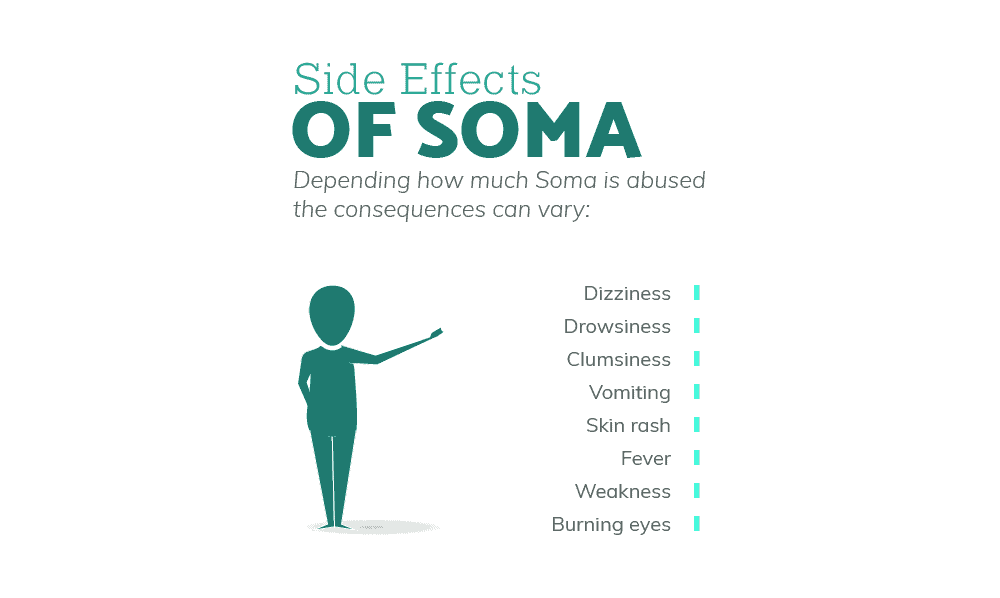
Soma can cause several side effects, including:
- Drowsiness
- Dizziness
- Headache
- Nausea or vomiting
- Blurred vision
- Rash
Even after experiencing adverse side effects associated with Soma, someone addicted to the drug may continue to take it if they are dependent on it.
Signs of Soma Abuse
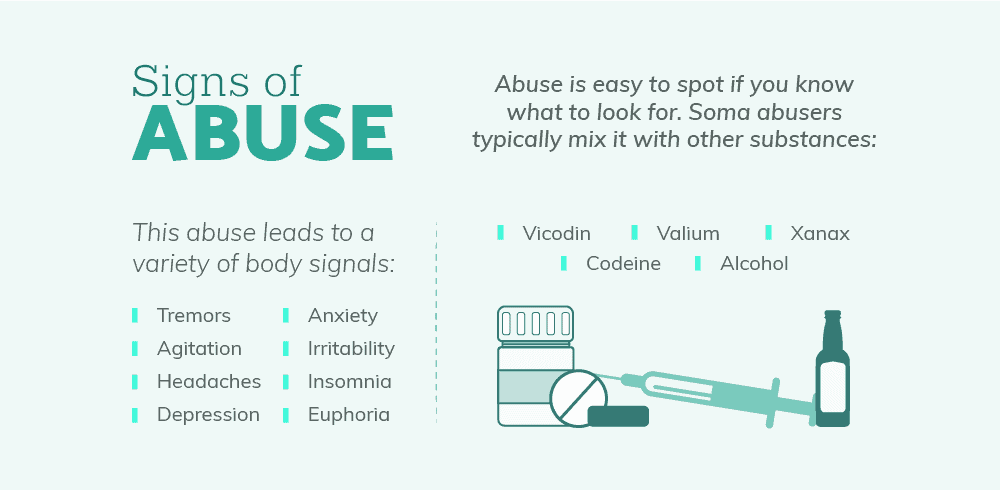
If you’re concerned that someone you love is abusing Soma, look for the following signs and symptoms:
- Nausea or vomiting
- Drowsiness
- Dizziness
- Slurred speech
- Poor coordination
- Agitation or irritability
- Memory problems
- Seizures
- Coma
Spotting the symptoms of Soma abuse can be critical in preventing an overdose or breaking the cycle of addiction.
Recognizing a Soma Overdose
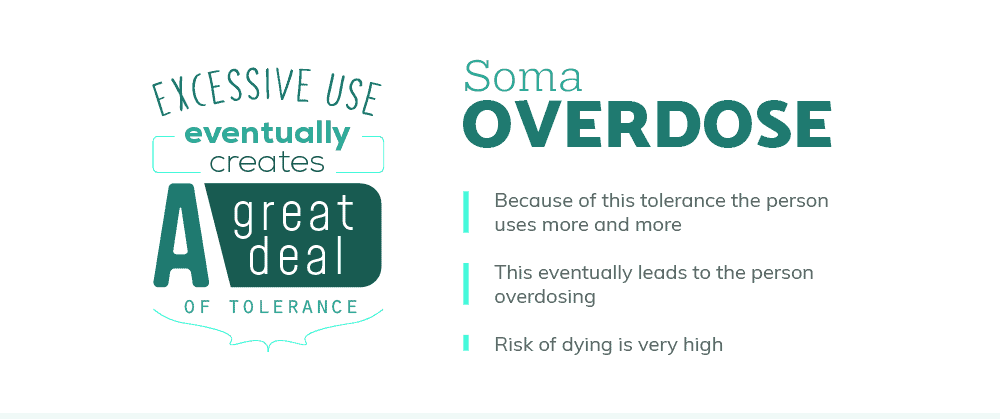
A Soma overdose can be deadly. If you think someone has overdosed on Soma, call 911 immediately and look for the following signs and symptoms:
- Shallow breathing
- Slow heart rate
- Loss of consciousness
- Muscle weakness
- Seizures
A Soma overdose can lead to coma or death if not treated immediately.
Soma Withdrawal Symptoms
Soma withdrawal can be dangerous and uncomfortable. If you’re struggling to quit taking Soma, professional detox and treatment can safely help you through the withdrawal process. Some of the most common withdrawal symptoms associated with Soma include:
- Anxiety
- Insomnia
- Muscle aches
- Sweating
- Nausea or vomiting
- Fever
- Intense cravings for Soma
Withdrawal symptoms can be both mentally and physically challenging, so professional treatment is often necessary to overcome addiction.
How Does Soma Addiction Treatment Work?
Treatment for Soma addiction typically begins with detoxification, which rids the body of toxins associated with the drug. This treatment can be done through a medically supervised detox program, which will provide round-the-clock monitoring and support to help manage withdrawal symptoms.
After detox, you will begin addiction treatment, which may include:
- Individual therapy
- Group therapy
- Cognitive-behavioral therapy
- Family therapy
Treatment for Soma addiction should work to address your unique needs to be most effective.
The Importance of Getting Help for Prescription Drug Abuse
The consequences of untreated soma addiction can be devastating. People who are struggling with this disorder may find it difficult to maintain relationships, hold down a job, or function in society. They may turn to other substances, such as alcohol and drugs, to cope with the feelings of depression, anxiety, helplessness, and hopelessness that accompany addiction. Without proper treatment, these individuals risk a life of poverty and despair.
Fortunately, there is help available for those suffering from Soma addiction. Treatment approaches vary depending on the individual’s needs but typically involve medically supervised detoxification followed by behavioral therapies like cognitive-behavioral therapy (CBT) or dialectical behavior therapy (DBT). Medications may also be prescribed to reduce cravings and withdrawal symptoms.
It’s important to note that recovery is a lifelong process, meaning it will take time and hard work in order to break free from this disorder. Addiction specialists can provide support and guidance throughout the entire journey, helping individuals gain skills and understanding to manage their addiction for years to come. With the right help, people struggling with Soma abuse can regain control of their lives and live happy and healthy lives free of addiction.
Soma Addiction Treatment at Northpoint Recovery
If you’re ready to take the first step in overcoming addiction, Northpoint Recovery is here to help. We offer a variety of evidence-based treatment methods, including individual therapy, group therapy, and more. Our team of addiction experts will work with you to create a personalized treatment plan that meets your unique needs.
To learn more about Soma addiction treatment at Northpoint Recovery, call us at 888.483.6031 today.
What Did you Think About This Blog?
Give it a Rating!
Full Infographic:

